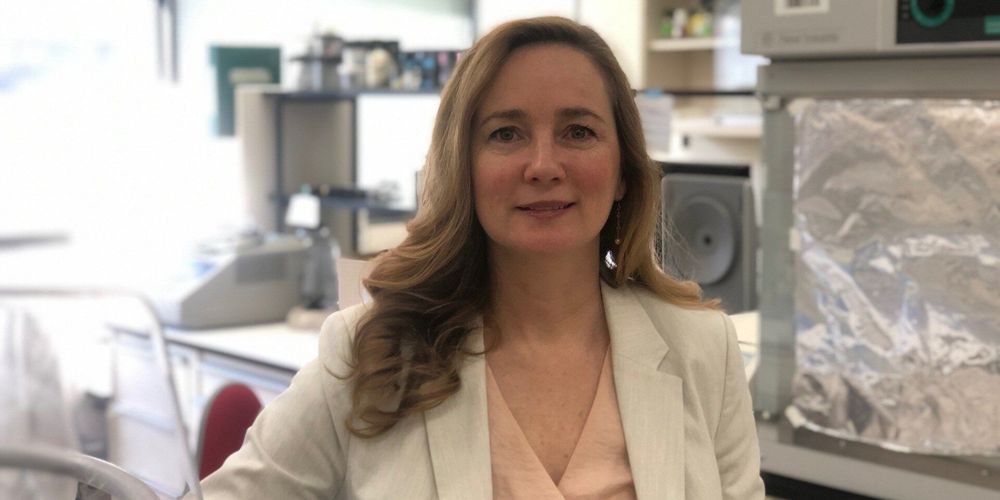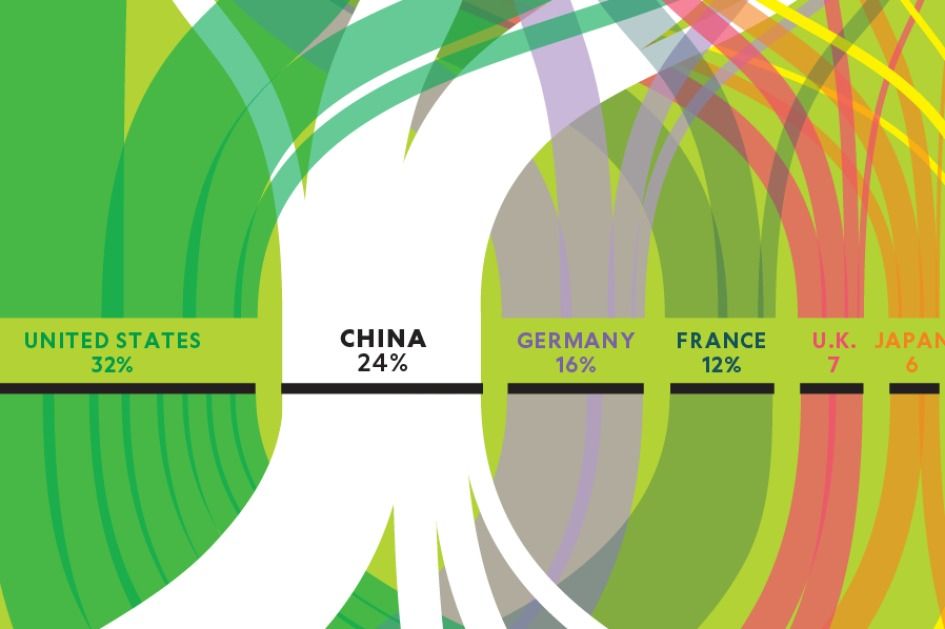Avi Schiffmann has been procrastinating on his school work, but he has a good excuse. The 17-year-old high schooler is the creator of one of the most visited coronavirus trackers in the world, which he says now takes up “100 percent” of his free time.
The coronavirus pandemic doesn’t look like it will be over any time soon, and Schiffmann plans to continue actively tracking it until the end. As long as the site is up, he says he will keep working at it and adding new features. Once the pandemic is safely over, he’ll take the servers down, and maybe make a page that compares COVID-19 to SARS or the Spanish flu. He thinks it might be a historical piece on the coronavirus people can look back on.
Avi Schiffmann’s coronavirus tracker is a one-stop shop for all the information about COVID-19 the average person might want to know. It constantly updates with statistics for countries around the world on infections, deaths, recovered, and rates of change using data scraped from the WHO, CDC, and other government websites.







